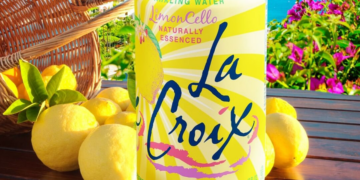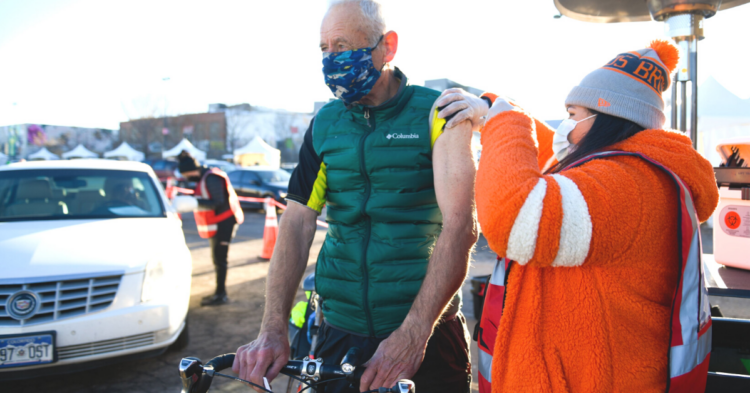While the vast majority of people may use Facebook as a platform to share pics of their kids and grandkids, recipes, funny memes, TV show recommendations, and other completely harmless posts, it’s also a platform for those who want to spread bad information around.
Among the more stubborn and harmful misinformation out there has been considerable false claims regarding vaccines, most notoriously their utterly debunked and completely unsubstantiated link to autism. Vaccines do not cause autism, as several major studies have confirmed.
Facebook has long tried to battle anti-vaccine misinformation as it actively does harm.

Outbreaks of measles, for example, which was once thought eradicated, have sprung up in recent years, fueled in part by misinformation that many parents encountered on Facebook. And with a major, world-changing COVID-19 vaccination effort under way, Facebook says that it’s trying increasingly aggressive steps to be part of the solution, not the problem.
In December, the company announced it would take down posts spreading misinformation about COVID-19 on both Facebook and Instagram, including false claims about vaccines containing microchips, that COVID-19 is a hoax or is no worse than the flu, or supposed links between the virus and 5G technology.
However, two months later, such posts and groups spreading that misinformation remained “easy to find,” CNN reported.
And so, in a new press release, Facebook announced a new crackdown on anti-vaccine misinformation.
In the press release , Facebook said that it had consulted with experts at the World Health Organization and expanded its efforts to combat misinformation to help reduce vaccine hesitancy.
The debunked claims it now intends to scrub from the platform include that COVID-19 is man-made or manufactured, that vaccines and face masks are ineffective, that it’s safer to get the disease than the vaccine, and that vaccines are toxic or cause autism, among others.
While such claims are already banned in Facebook ads, the company is now taking aim at specific users and posts, the press release said.
“We will begin enforcing this policy immediately, with a particular focus on Pages, groups and accounts that violate these rules, and we’ll continue to expand our enforcement over the coming weeks,” the release read. “Groups, Pages and accounts on Facebook and Instagram that repeatedly share these debunked claims may be removed altogether.”
The platform’s search function will also emphasize good, authoritative information over misinformation.
“We know that misinformation thrives in the absence of good information,” Facebook’s head of health, Kang-Xing Jin, told NPR. “So because of this, a core part of our strategy is actually partnering with health authorities and amplifying credible information to meet people’s needs and get their questions answered where they are.”
Experts say that Facebook’s ability to combat misinformation could be transformative in the attempt to bring the COVID-19 pandemic to an end.
Dr. L.J. Tan, chief strategy officer at the Immunization Action Coalition, told CNN that vaccine hesitancy is a real concern for public health experts. “If they’re scared away by falsehoods perpetuated through social media, we’ll have a real problem of getting out of this pandemic,” Tan said.
“A story doesn’t have to be accurate to change minds. That’s what we’re fighting against right now. In the age of the internet, science is not the most compelling story.”
By and large, vaccination efforts in the U.S. have been going well.
As NPR reported, the nation is averaging 1.4 million doses per day. President Biden has set a goal of administering 100 million doses over his first 100 days in office, but much more will have to be done than that to reach the 70% to 85% of the population needed to reach herd immunity.
Nevertheless, the progress so far is promising. As CNN reported, the number of vaccination doses administered last week outpaced new cases by 10 to 1. And a new vaccine from Johnson & Johnson that requires only a single dose rather than the two shots required by the Moderna and Pfizer vaccines, is up for federal approval on February 26.
h/t: CNN
















































